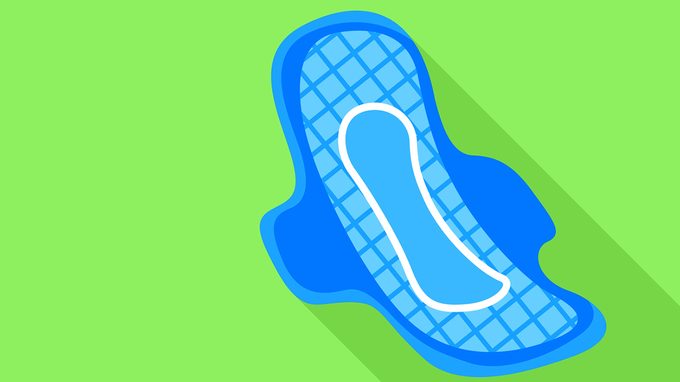The Natural Way To Treat Incontinence
Tired of wearing sanitary pads when you’re not even on your period? Get expert advice on what causes incontinence and the natural treatments you can follow.

Why did incontinence happen to you?
These days, so many of us have weak pelvic floor muscles because we spend most of our days sitting at a desk. And then, when there’s a major stress on the body like childbirth – particularly if the delivery involves interventions, such as an episiotomy, forceps or a vacuum – the pelvic floor is especially vulnerable to damage.
Natural treatment for incontinence
When I studied to become a naturopathic doctor, I was also trained to do hands-on work with the pelvic floor muscles.
Basically, I position a finger internally and get the patient to do a Kegel-like contraction so that I can assess the strength and tone of the muscles. If a patient has numbness or discomfort somewhere in the pelvic floor muscles, I do a type of massage focused on those areas.
I also recommend a series of yoga postures, including triangle pose and lotus pose, while doing diaphragmatic breathing in unison with pelvic floor contractions, which are akin to Kegels.
Most of us could also benefit from hip- or core-focused yoga or Pilates to strengthen our pelvic floor muscles, which can help prevent leaking later on. Still, though weak pelvic floor muscles are the primary reason why women experience incontinence, they’re not the only reason.
At the naturopath’s office
When a patient comes in, I take a thorough history, which includes a rundown of your diet and any digestive issues. If you are experiencing gas, bloating or issues with bowel movements, I look closely at your diet for common sources of food sensitivities, such as dairy and nightshade vegetables. Food sensitivities are at the root of a lot of health issues, and a simple finger-prick blood test can help determine if there might be a certain food that is causing inflammation in your gut and wreaking havoc on the rest of your body, too.
If you’re in menopause or perimenopause, it’s quite possible that hormonal changes are to blame. I might do a saliva test to measure levels of hormones such as cortisol, estrogen, progesterone and testosterone. If there is an imbalance, I use various nutritional supplements and herbs tailored to your individual needs to support optimal hormone function. Acupuncture could also be helpful in balancing your hormones.
Sometimes there may be a mental-emotional connection. In Chinese medicine, each organ in the body is associated with a different emotion. The bladder is connected to fear, so I might ask if there was a scary event around the time this problem began to manifest and refer you to a counsellor. But we will work together to find a natural treatment for incontinence that works.
Dr. Kate Hadfield is a naturopathic doctor and certified birth doula at Vive Health in Calgary.
Want a doctor’s opinion on incontinence issues? Check out Dr. Geoffrion’s second opinion.




